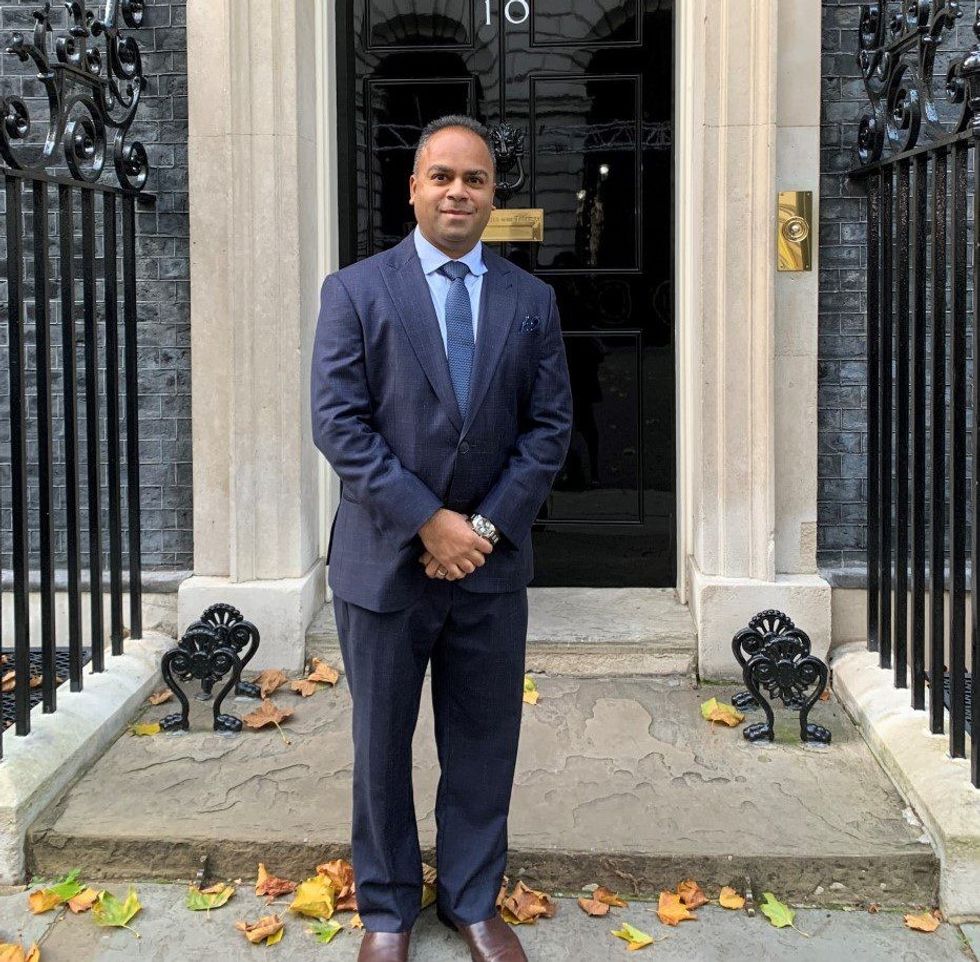The Chancellor’s Spring Budget this week was a welcome breath of fresh air: sensible and measured policies to help steady the ship after years of choppy economic waters. Mr Hunt’s overarching message was that this was a budget to help deliver growth.
To that end, he outlined a series of sensible supply-side measures that will help the British economy grow stronger and faster in the coming years. There was encouraging news for the UK’s economic outlook, with the OBR reporting that the UK avoided a recession in the first quarter of 2023 and forecasting that the UK will avoid a recession entirely this year.

More good news for so many affected by the cost-of-living crisis is that the rampant inflation we have been experiencing may soon be tempered, with the Chancellor predicting that inflation will fall below 3% by the end of this year.
These numbers are reassuring to me and will be to the leaders of many other businesses. Though now is not the time for complacency, we can be encouraged by the resilience and progress shown by the UK economy.
The Chancellor acted sensibly in resisting any calls for sweeping tax cuts or spending increases. With limited fiscal headroom and knowing that it is it impossible to tax your way to growth, he is right to focus on supply-side changes – measures that make it easier for people and businesses to work, produce and innovate – to help the economy grow.
Returning to employment
One of the key challenges the Chancellor identified was how people can be encouraged to return to work if they are currently not in employment. These were particularly targeted at people over fifty and those with young children.
Sensible measures including an abolition of the lifetime allowance and raising the cap of annual pension contributions will help older people keep more of their own hard-earned money, making it more worth their while to remain in the workforce. This will help ensure that their experience and skills can continue to benefit the wider economy.
Expanding provision of childcare for working parents will also go a long way to helping parents with young children return to the workforce. Many parents find that the cost of childcare is prohibitively expensive and are forced to reduce the hours they spend working in order to look after their child. Such measures help expand long-term growth in the economy by increasing the total labour force active in the economy.
Cost of living
The Chancellor also announced an extension to the energy price cap and cuts to alcohol and fuel duties, helping ease the burden faced by people struggling with the cost of living.
Notably, he also sought to help business who will be faced by an increase in corporation tax. This was introduced by Rishi Sunak when he was Chancellor, to rightly help pay for the Covid spending that was needed to keep the economy afloat during the pandemic.
As a leader of a business, I am pleased to see that the Chancellor has introduced measures such as full capital expensing to help offset the impact of corporation tax rises, and active efforts to incentive businesses to spend on research and development and new technologies.
Housebuilding
There was, however, one key area where we would have liked to see more attention in this week’s budget statement. One of the biggest supply-side impediments to our growth is in our complex and time-consuming planning system.
The planning system as it stands serves to disincentivise housebuilding by creating a range of bureaucratic hoops that developers like Westcombe Group must jump through when we try to create new homes. Making it more difficult to build stifles growth across the country - after all, more houses are needed in every region of the UK.
Boosting housing, through reforming the planning system and encouraging developers to build with targeted incentives in areas where houses are most needed, should be at the heart of the government’s agenda for growth.
In sum, this was a successful budget that should inspire confidence in the economy and the Chancellor’s ability to manage it. However, I urge Mr Hunt not to overlook the benefit that building more homes will bring. After all, we’re more than happy to help.
(The author is the CEO of Westcombe Group)




